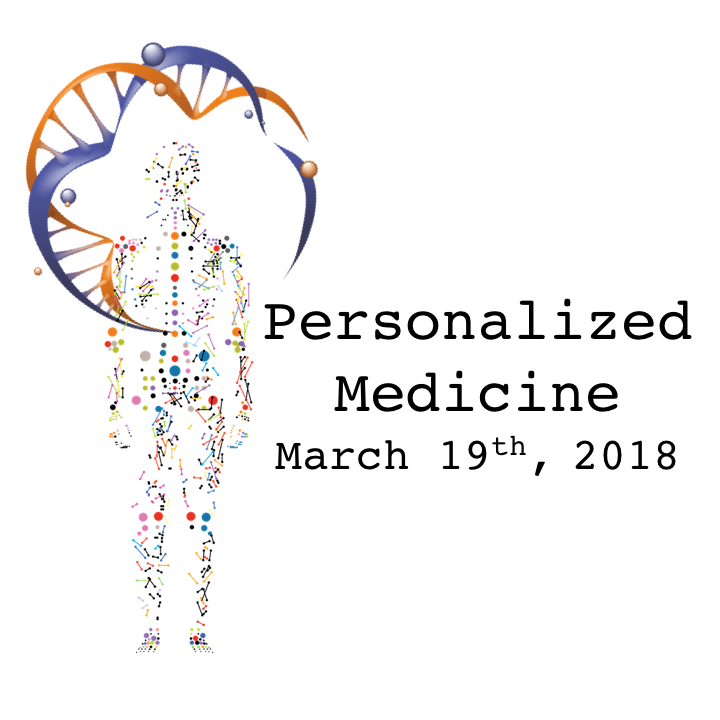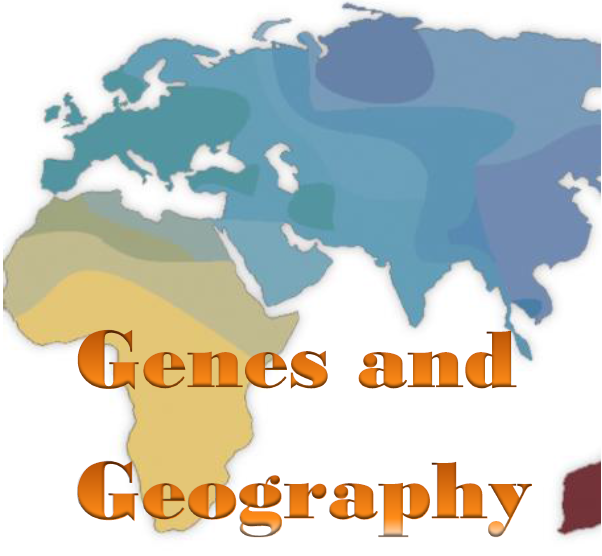Precision Medicine: Using Computer Code To Analyze Genetic Code

By Robert Kriss
Sarah at five years-old was experiencing twenty-five seizures a day. Her doctors had started to treat her with one drug, but when that did not work, they tried another, and another and another. Sarah was taking four different drugs each day and still the seizures continued. These drugs had worked for some people, but not for Sarah.
Continue reading “Precision Medicine: Using Computer Code To Analyze Genetic Code”
